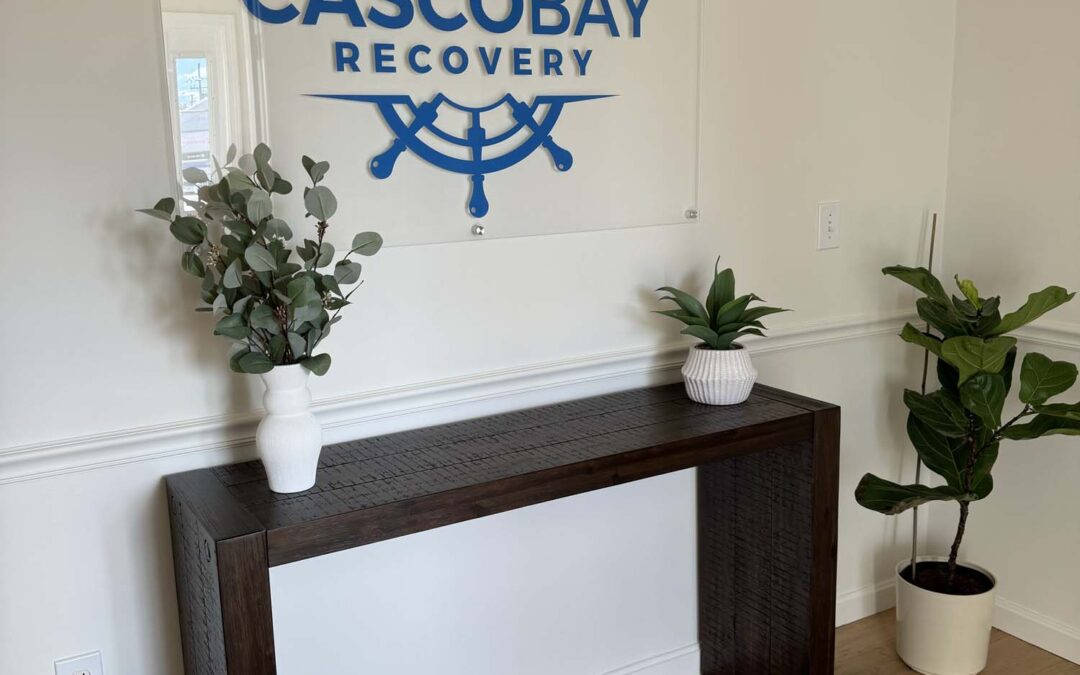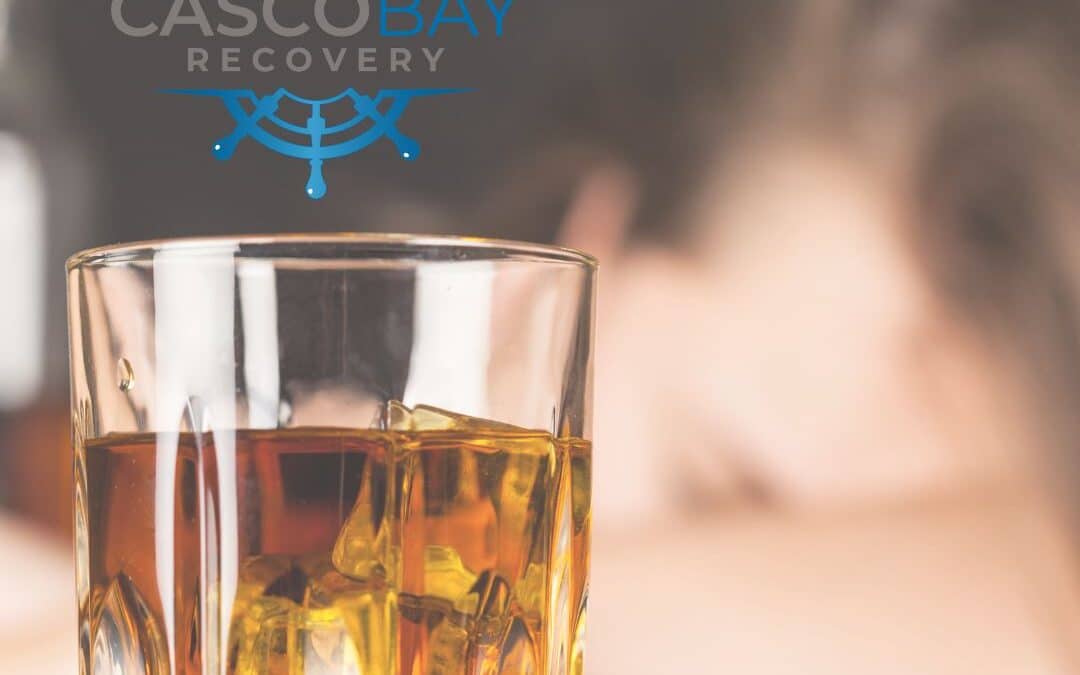Recognizing the Signs of Drug Addiction

Drug addiction rarely develops overnight. The signs of drug addiction typically emerge gradually, making them easy to dismiss or rationalize away. You might notice subtle changes in yourself or a loved one that seem unrelated to substance use at first glance. Understanding these warning signs can mean the difference between early intervention and a full-blown addiction crisis.
The challenge with identifying what are the signs of a drug addiction lies in their varied nature. Addiction affects every aspect of a person’s life – from their physical appearance to their deepest psychological patterns. Some individuals excel at hiding their substance use, while others display obvious red flags that loved ones struggle to acknowledge.
What are five signs of drug addiction that you should never ignore? The answer encompasses physical, behavioral, and psychological indicators that often appear in combination. These signs serve as your body and mind’s distress signals, alerting you that something has gone seriously wrong with substance use patterns.
When you’re wondering how can I spot a drug addict, remember that addiction doesn’t discriminate. It affects people from all walks of life, educational backgrounds, and socioeconomic levels. The stereotypical image of addiction often prevents people from recognizing the reality in their own lives or families.
What are the Physical Signs You Should Not Ignore?
Physical signs of drug addiction represent your body’s direct response to substance abuse. These visible indicators often provide the clearest evidence that drug use has moved beyond recreational experimentation into dangerous territory.
1. Bloodshot Eyes
Bloodshot eyes rank among the most common and recognizable physical symptoms. Different substances affect the eyes in distinct ways – marijuana typically causes redness and drooping eyelids, while stimulants like cocaine or methamphetamine create dilated pupils and an intense, unfocused stare. You might notice these changes persist even when the person claims they haven’t used substances recently.
2. Frequent Nosebleeds
Frequent nosebleeds signal potential cocaine or other powdered drug use. The nasal passages become severely irritated and damaged from repeated snorting, leading to chronic bleeding, congestion, and eventual structural damage. You shouldn’t dismiss recurring nosebleeds as simple allergies or dry air, especially when accompanied by other concerning behaviors.
3. Tremors
Tremors or unexplained shaking represent serious neurological responses to drug use. These involuntary movements can indicate withdrawal symptoms between uses or direct nervous system damage from prolonged substance abuse. The shakes might be subtle hand tremors during routine tasks or more pronounced full-body trembling.
4. Weight Changes
Weight changes provide another crucial physical indicator. Stimulants typically suppress appetite, leading to dramatic weight loss and a gaunt appearance. Conversely, some substances or the lifestyle changes accompanying addiction can cause significant weight gain. You should pay attention to rapid, unexplained changes in body weight that don’t correlate with intentional diet or exercise modifications.
What are the Behavioral Indicators That Suggest an Addiction?
Behavioral signs of drug addiction often emerge as the most noticeable changes for family members and friends. These shifts in behavior can serve as critical warning signs that substance use has progressed beyond casual experimentation into dependency.
1. Dramatic Mood Swings
One of the most prominent behavioral indicators is dramatic mood swings. You might observe someone experiencing extreme emotional highs followed by severe lows within short periods. These fluctuations often include:
- Sudden outbursts of anger or irritability
- Unexplained episodes of anxiety or panic
- Periods of depression or emotional numbness
- Increased paranoia or suspicious behavior toward others
2. Declining Performance at Work or School
The workplace and academic environments frequently reveal declining performance patterns. Work performance decline manifests through missed deadlines, frequent absences, and decreased productivity. Students may show similar patterns with falling grades, skipped classes, and abandonment of extracurricular activities they once enjoyed passionately.
3. Social Withdrawal
Social withdrawal becomes increasingly apparent as addiction progresses. You may notice someone losing interest in hobbies, sports, or social gatherings they previously found fulfilling. This isolation often stems from prioritizing drug use over meaningful relationships and activities.
4. Developing Drug Tolerance
Drug tolerance development creates a dangerous cycle that intensifies behavioral changes. As the body adapts to regular substance use, larger quantities become necessary to achieve the same effects. This escalation drives increasingly risky behaviors, including:
- Seeking stronger substances or higher doses
- Spending excessive money on drugs despite financial strain
- Engaging in dangerous activities to obtain substances
- Lying about whereabouts or activities
The combination of these behavioral shifts creates a pattern that becomes difficult to ignore. Friends and family members often describe feeling like they’re watching a completely different person emerge. These changes in personality and behavior serve as powerful indicators that professional intervention may be necessary to address the underlying substance use disorder.
It’s important to note that these behavioral indicators can also be associated with other issues such as caffeine addiction, which can have significant impacts on health as outlined in this article by the American Medical Association. Furthermore, understanding the psychological aspects of addiction can provide deeper insights into these behavioral changes and the importance of seeking help.
What are the Psychological Symptoms Associated with Drug Dependency?
The psychological signs of drug addiction often prove the most challenging to recognize because they operate beneath the surface, affecting how you think, perceive reality, and interact with the world around you. These mental and emotional changes can be just as devastating as the physical symptoms, yet they frequently go unnoticed until the addiction has progressed significantly.
1. Denial: The Mind’s Defense Mechanism
Denial stands as one of the most powerful psychological barriers in addiction recovery. When you’re struggling with substance abuse, your mind creates elaborate justifications for continued drug use. You might tell yourself that you can stop anytime, that your usage isn’t that bad compared to others, or that you need the substance to function normally. This mental defense mechanism protects you from confronting the reality of your situation, but it also prevents you from seeking the help you desperately need.
The strength of denial often correlates with the severity of the addiction. You may genuinely believe you don’t have a drug problem, even when facing clear evidence to the contrary. Family members and friends often recognize these signs of drug addiction long before you acknowledge them yourself.
2. Cognitive Decline and Decision-Making Problems
Prolonged substance abuse creates significant cognitive impairments that affect your daily functioning. You might notice difficulty concentrating at work or school, problems with memory retention, or challenges processing complex information. These cognitive changes impact your decision-making abilities, leading to increasingly poor choices that further complicate your life.
Your relationships suffer as communication becomes strained and your ability to empathize with others diminishes. Simple tasks that once came easily may now require tremendous effort, and you might find yourself making impulsive decisions without considering the consequences.
3. The Web of Secretive Behavior
Secretive behavior becomes second nature when you’re hiding a drug problem. You develop elaborate schemes to conceal your substance use, lying about your whereabouts, hiding drug paraphernalia, and creating false explanations for your behavior. This constant deception creates additional stress and anxiety, perpetuating the cycle of addiction while isolating you from potential support systems.
Understanding these psychological symptoms is crucial in recognizing the deeper issues associated with addiction. By acknowledging these signs and seeking professional help, recovery becomes a more attainable goal.
Seeking Help for Drug Addiction in Maine?
Recognizing the signs of drug addiction represents the first crucial step toward recovery. If you or someone you know is struggling with a substance use disorder, seeking professional help immediately can make the difference between continued decline and a path toward healing. The journey to recovery requires specialized support, medical expertise, and compassionate care that addresses both the physical and psychological aspects of addiction.
Drug addiction affects millions of Americans, and Maine communities face unique challenges in accessing quality treatment services. The stigma surrounding substance abuse often prevents individuals from seeking the help they desperately need. You don’t have to face this battle alone – professional treatment programs provide the tools, resources, and support systems necessary for sustainable recovery.
Casco Bay Recovery: Your Partner in Recovery
We understand that taking the first step toward recovery can feel overwhelming. At Casco Bay Recovery, we’ve dedicated ourselves to providing comprehensive help for drug addiction in Maine through evidence-based treatment approaches tailored to each individual’s unique needs. Our team of experienced professionals recognizes that addiction affects every aspect of your life – your relationships, career, physical health, and mental well-being.
Our treatment programs combine medical detoxification, individual therapy, group counseling, and holistic healing approaches to address the root causes of addiction. We believe in treating the whole person, not just the addiction. This comprehensive approach helps you develop the coping strategies and life skills necessary for long-term sobriety.
Casco Bay Recovery assistance extends beyond traditional treatment methods. We provide:
- Personalized treatment plans designed around your specific circumstances
- Family therapy and support services to rebuild damaged relationships
- Aftercare planning to maintain sobriety after completing treatment
- Connection to local support groups and community resources
As we approach recovery month 2025, we remain committed to raising awareness about addiction and reducing the barriers that prevent people from seeking help. September is National Alcohol and Drug Addiction Recovery Month, a time when we emphasize that recovery is possible, and you deserve the opportunity to reclaim your life from substance abuse.
Our understanding extends into specific demographics as well; for instance, we offer insights into substance abuse among Maine’s fishing communities, highlighting unique challenges faced by these communities.
Your recovery journey begins with a single phone call. Contact Casco Bay Recovery today for personalized guidance on treatment options. Our compassionate intake specialists are available to discuss your situation confidentially and help you understand the path forward.
FAQs (Frequently Asked Questions)
What are the common physical signs of drug addiction I should watch for?
Physical signs of drug addiction include visible indicators such as bloodshot eyes, frequent nosebleeds, tremors or shakes, and noticeable changes in appetite leading to unexplained weight loss or gain. These symptoms are red flags that should not be ignored.
How can behavioral changes indicate a drug addiction?
Behavioral signs suggesting drug addiction include sudden mood swings, anxiety, depression, paranoia, decline in work or school performance, and loss of interest in previously enjoyed activities. Additionally, increasing drug tolerance often manifests as the need for higher doses to achieve the same effect.
What psychological symptoms are associated with drug dependency?
Psychological symptoms linked to drug dependency involve denial of the problem, cognitive impairments affecting decision-making and relationships, and secretive behaviors aimed at hiding substance use from others. Recognizing these signs is crucial for early intervention.
How can I spot if someone is struggling with drug addiction?
Spotting drug addiction involves observing a combination of physical signs like bloodshot eyes and tremors, behavioral changes such as mood swings and declining performance, as well as psychological symptoms including denial and secretive behavior. Paying attention to these multiple indicators can help identify a potential problem.
What should I do if I suspect a loved one has a drug addiction?
If you suspect someone has a drug addiction, it is important to encourage them to seek professional help. Early recognition of physical, behavioral, and psychological signs can facilitate timely intervention. Resources like Casco Bay Recovery in Maine offer personalized guidance and treatment options for those struggling with substance use disorders.
Where can individuals in Maine find help for drug addiction?
Individuals seeking help for drug addiction in Maine can turn to trusted resources such as Casco Bay Recovery. They provide comprehensive treatment options and support tailored to individual needs. Contacting Casco Bay Recovery is a vital step towards recovery and overcoming substance abuse challenges.








